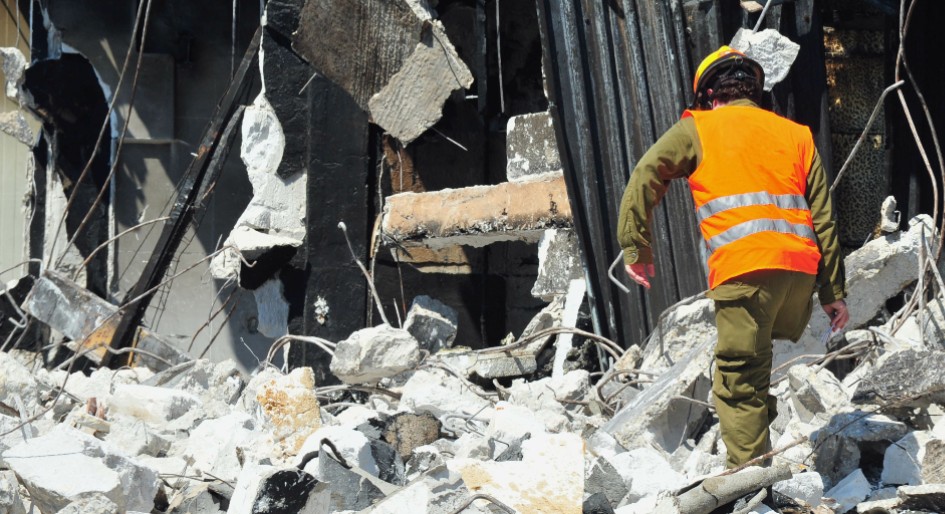Following the horrific collapse of the 12-storey Champlain Towers South condominium in Surfside, Florida, people have been speculating whether such a disaster could happen in Canada.
While we don’t know exactly what caused the collapse, we know the following: in 2018, the board of directors received an engineering report finding “major structural damage” to the building, which would require timely and expensive repairs. The report did not warn of imminent collapse, but stated that the repairs would be directed at “maintaining the structural integrity” of the building. At the time of the collapse, these repairs had not yet been completed.
How would this scenario unfold in Ontario? Leaving aside the construction process itself, there are vast differences between Ontario and Florida condominium laws that would have given the Champlain Towers significant added protections following registration.
The 2018 Champlain Towers inspection was conducted because of its county. Miami-Dade requires high-rise towers to be inspected after they reach 40 years of age. Only one other county in Florida (Broward County) requires any inspection after a building is constructed.
By contrast, Ontario law is far more engaged and interventionist. Here, condominiums must establish and maintain a reserve fund, which must be used only for the purpose of major repairs and replacement of the common elements and assets of the condominium. These parts of the condominium complex belong to all owners and generally include everything other than the individual units where people reside. The size of the condominium reserve fund is determined based upon a reserve fund study, which is also mandated by law, to establish the building’s current status and to forecast when repairs will be required. The initial reserve fund study must be completed within a year following registration of the condominium corporation. So right there, the first Ontario building study must be conducted 39 years earlier than the first inspection was required in Surfside.
Of course, hopefully after one year, there will be no required repairs. Thereafter, the reserve fund study must be updated every three years, giving ownership a moving picture of the state of repairs and the rate at which building systems are deteriorating.
If a similar regime existed in Florida, the Champlain Towers board could have identified their maintenance issues at an earlier date. The structural damage would be smaller and less extensive at the time of discovery and there would have been an existing fund to pay for some or all of the required repairs.
The trade-off that exists between the different legal regimes is that the cost of condominium ownership at Surfside and throughout Florida would have been higher if Florida law had reserve fund requirements. Such reserve fund requirements compel unit-owners to pay for reserve fund studies and make regular contributions to the reserve fund. In the absence of any reserve fund, the cost of the repairs, according to the Washington Post, would have cost the Champlain Towers’ unit-owners anywhere from $80,000 to $200,000, depending on the size of their unit. Some of the lower-priced units had recently sold for about $600,000.
For some, the cost of a condominium would have been put out of reach. Ontario forces condominiums to invest in safety measures which will not always be necessary. However, there is a price for safety.
A second difference between Ontario and Florida condominium law is in the treatment of condominium directors. In Ontario and Florida, residential condo directors are selected among the condo corporation’s unit owners. The board is then responsible for hundreds of thousands or millions of dollars in operating and overseeing the management of the condominium.
Several years ago, Ontario recognized the need to ensure that these directors receive formal training to learn how to carry out their duties. Mandatory director education is now required within six months of a director’s appointment, failing which they are disqualified. The training is available online and one key area covered is “Maintaining the Condominium’s Physical Integrity”. There are also training modules for contract procurement processes—for both major and minor contracts. These condominium director education materials are relatively short and will not turn new board members into instant experts on all aspects of governance including maintenance. But it helps.
Many things had to go wrong for a building to collapse. If the law is followed, the legal protections in Ontario significantly reduce the likelihood of this tragic event occurring here.
David Taub is a partner at Robins Appleby LLP. He has extensive experience in business litigation where he represents developers and builders, lenders, banks, insurance companies, manufacturers, and commercial landlords. dtaub@robapp.com
Clarifications
This article has been updated to clarify information related to steps taken by the board of directors and reserve funds.
July 21, 2021







